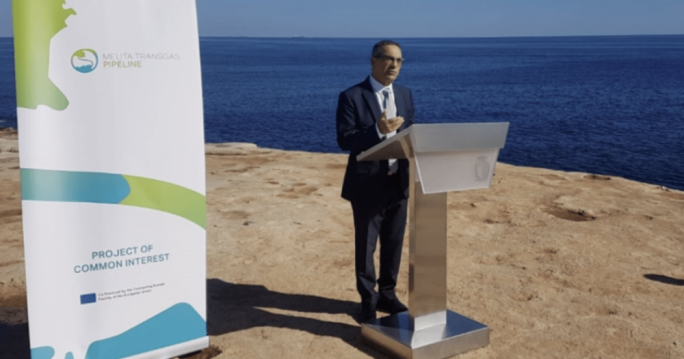
A Cabinet of continuity
Government needs to ensure that doing business in Malta is not shackled by unnecessary red tape so that firms are competitive and nimble

Robert Abela’s ministerial choices in the formation of his new Cabinet bode well for continuation and stability at a time of international turmoil.
The Prime Minister did not lose time to appoint his Cabinet after Saturday’s election that gave the Labour Party a strong and clear mandate.
The reappointment of Clyde Caruana at the finance ministry, Silvio Schembri at the economy ministry, Clayton Bartolo at the tourism ministry and Miriam Dalli at the energy and enterprise ministry provide continuity.
They understand the difficulties and expectations of the various economic sectors. The three of them know the ropes and can hit the ground running without the need to acclimatise themselves with their respective portfolios.
This is important in a global economic climate still conditioned by the pandemic and by the Russian invasion of Ukraine.
The European Commission’s winter economic forecast released last February projected that Malta will have the highest economic growth rate across the EU by the end of the year. The commission predicts Malta’s growth rate for 2022 will reach 6% of GDP, two points higher than the EU average.
When the forecast was published the Russian invasion of Ukraine had not yet started and this could pose a downside risk in the months ahead.
The forecast had posited Malta’s greylisting by the Financial Action Task Force as a downside risk. But earlier this month the FATF said Malta had implemented its action plan and a site visit will be held in April to assess the progress.
How these two factors will play out still has to be seen, which is why a measure of continuity after the election was a necessity.
Government has done well to cushion the impact of higher energy prices and provide families with a cash injection to mitigate the rising cost of living.
But for the longer term, government needs to ensure that doing business in Malta is not shackled by unnecessary red tape so that firms are competitive and nimble.
The issues of rising transport and logistical costs needs to be tackled through discussions with stakeholders.
The €400 million investment programme announced during the pandemic to upgrade industrial estates should be stepped up so that modern space is created for new industries.
With tourism expected to pick up in the summer, the Prime Minister must live up to his commitment that all restrictions linked to the pandemic will be lifted. Re-starting the tourism engine is important to get the cogs turning in other sectors as well, which is why Malta has to make it easy for tourists to be able to travel here.
A decision on whether the fourth COVID booster vaccine dose should be given to certain vulnerable groups must be taken now before the onset of the summer season.
The pandemic has not gone away and caution should continue being exercised but this should not come at the expense of stifling tourism.
The Labour Party had pledged to lower the top tax rate for businesses. Now that the government has a clear mandate, this leader believes this proposal should be implemented in the next budget to send out a positive signal.



